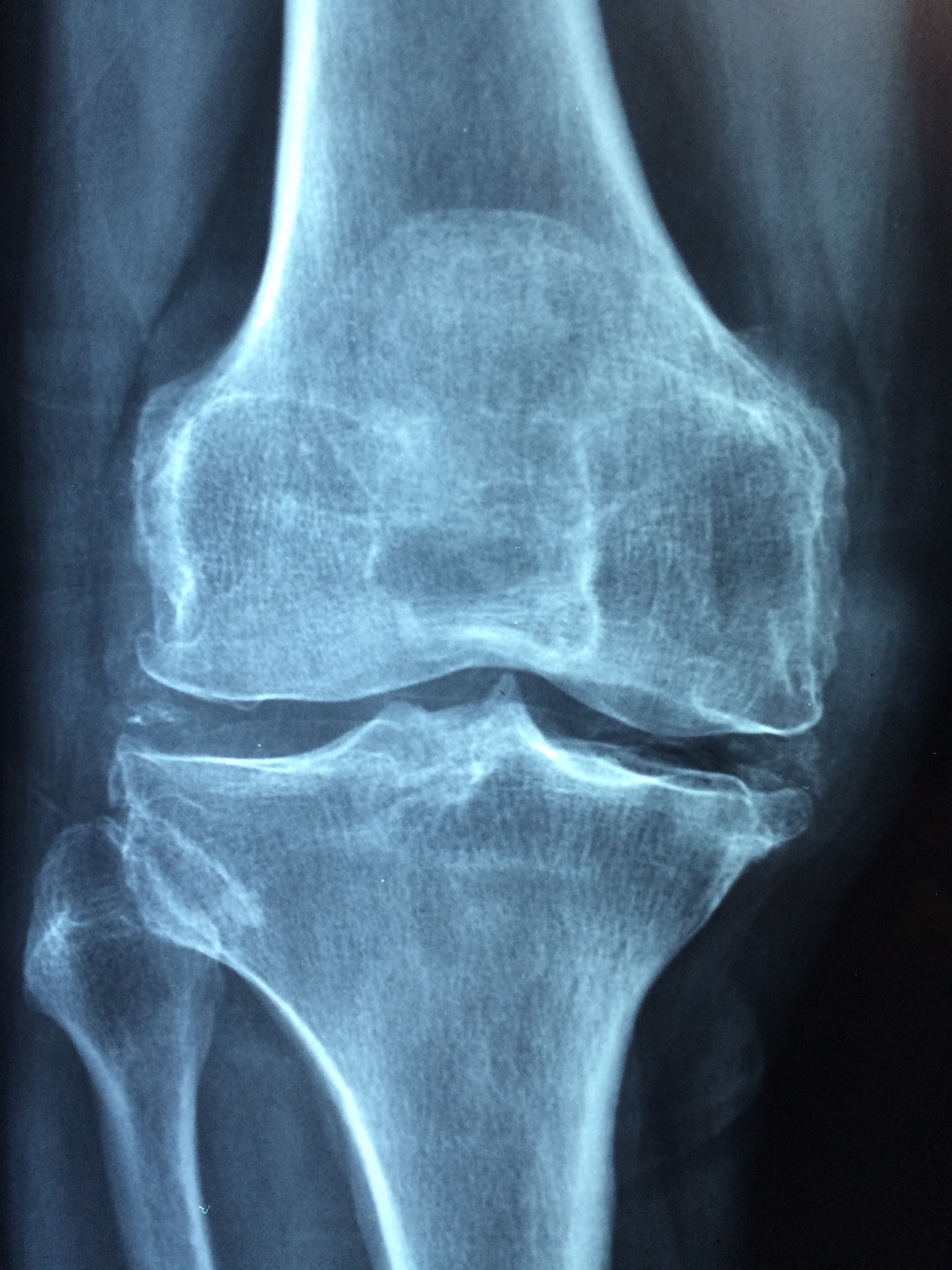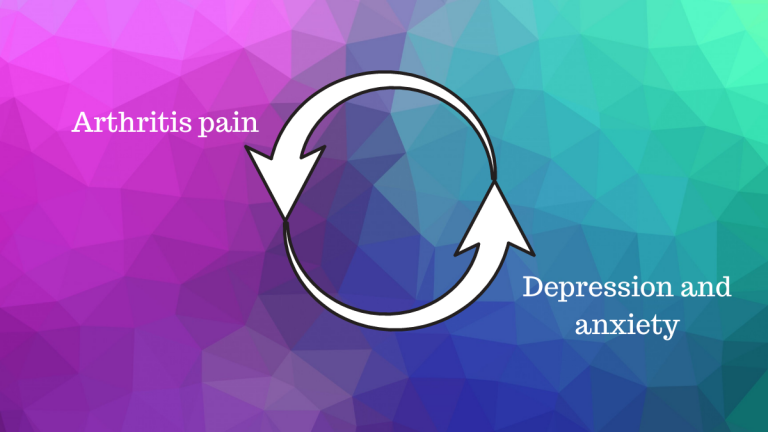In this article, we’ll discuss the causes and symptoms of arthritis as well as explain how medical cannabis could potentially help.


Did you know that 80% of all people will experience lower back pain at some point in their lives? Other major chronic pain diseases, such as osteoarthritis, are prevalent in people ages 65 and older.
- Have you been diagnosed with Osteoarthritis or another type of arthritis?
- Are you taking a non-steroidal anti-inflammatory like Advil or an opioid such as Percocet?
Then medical cannabis may help you.
Quick Facts about Arthritis
- There are 6 million Canadians that are living with arthritis1.
- With over 240 million people affected worldwide, osteoarthritis (OA) is the most common type of arthritis.
- OA develops after repetitive wear-and-tear to the cartilage in the joints.
- The most commonly affected joints are the hands, shoulders, spine, hips, knees, and feet.
- One-third of adults over 65 have arthritis.
- Women have a 1.7x higher likelihood of developing arthritis than men.
People have a 1 in 5 chance of developing arthritis in their lifetime.1
 Never-Ending Cycle of Pain
Never-Ending Cycle of Pain
The most significant risk of developing arthritis is age. The pain from arthritis can become so severe that it disrupts sleep. Patients often find themselves tossing and turning in bed at night from the pain.
Also, having any form of arthritis can harm your mental health. Depression and anxiety are often byproducts of arthritis. Studies have also indicated that depression and anxiety can decrease your pain tolerance, making your chronic pain feel more heightened.
In a cruel twist, having mental health problems can make your arthritis worse because pain incites, depression and depression makes the pain worse.
What are Arthritis Patients Doing Currently?
In short, patients are living with pain. Some are taking harmful anti-inflammatory (NSAID) medications like Advil or Naproxen that cause stomach ulcers and may result in life-threatening gastrointestinal bleeding.
Some are taking more dangerous and addictive opioids like Percocet to take the edge off the pain.
For most Canadians, once your orthopedic surgeon approves patients for surgery, it’s a 6-12 month waiting list. It’s important to remember that surgery carries the risk of heart attack, stroke, and blood clots (deep vein thrombosis) and is not risk-free.
 How Medical Cannabis May Help with Arthritis
How Medical Cannabis May Help with Arthritis
Did you know that naturally occurring cannabinoid receptors can be found in your joints and bones?
When medical cannabis cannabinoids like CBD (cannabidiol) binds to these receptors, it’s been known to help to reduce joint pain, stiffness, and swelling.
 Are Arthritis Patients Using Medical Cannabis?
Are Arthritis Patients Using Medical Cannabis?
Yes. In a survey of 2,600 patients by the Arthritis Foundation, 29% of these patients are using medical cannabis to manage their arthritis2.
Almost unanimously, medical cannabis is being used to relieve pain (94%). 89% are using CBD daily or several times per week.
 Additional Patient Benefits
Additional Patient Benefits
Two-thirds reported improvement in their physical function. 71% of patients had a better sleep. Other patient benefits reported by patients include:
- Reduced anxiety
- Decreased morning stiffness
- Improvement with depression
- Increased energy
Do Doctors Support It?
Yes. The Arthritis Foundation recommends a few milligrams of CBD under the tongue (sublingual) twice a day2. The Canadian Rheumatology Association prefers medical cannabis with a lower THC and higher CBD content in the treatment of arthritis3.
 Does Insurance Cover It?
Does Insurance Cover It?
Yes. Health Canada authorized medical cannabis products are eligible for reimbursement from your healthcare spending account.
This is the same plan that reimburses your eye-glasses, orthotics, massages, physiotherapy appointments, and other expenses.
Please speak with your insurance provider to see if medical cannabis is covered under your healthcare spending account.
The Final Word
It’s time patients try something new.
Instead of pharmaceutical medication, patients should strongly consider trying a Health Canada-approved herbal medication that has been used for thousands of years to relieve pain and inflammation.






